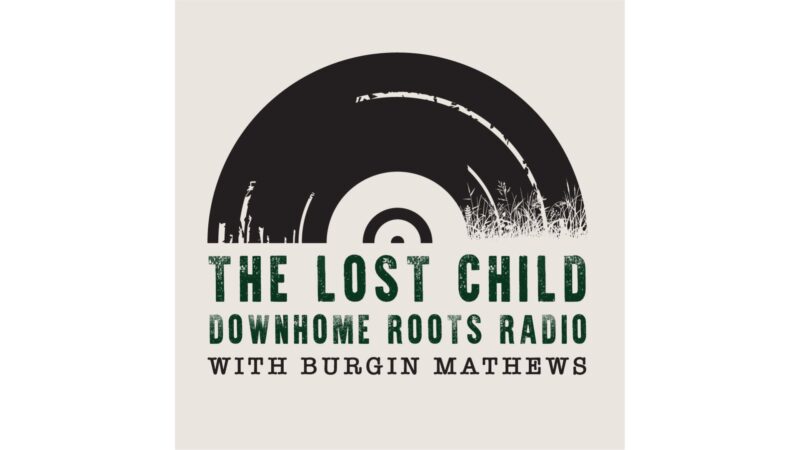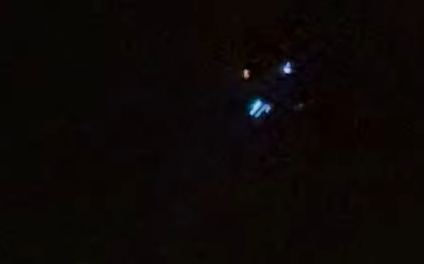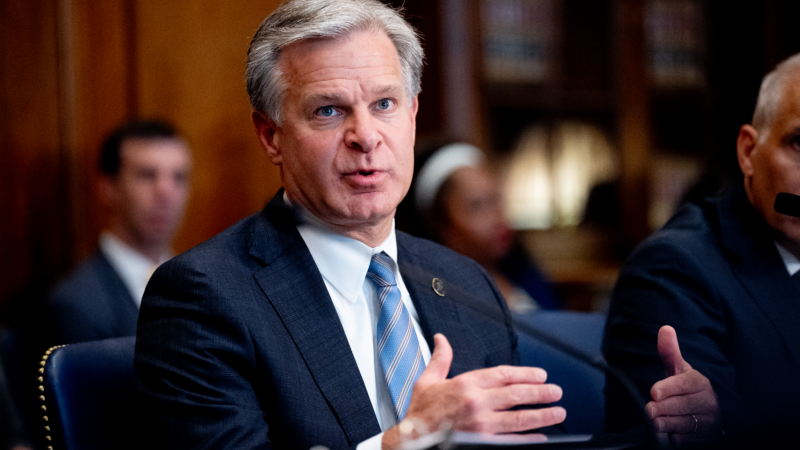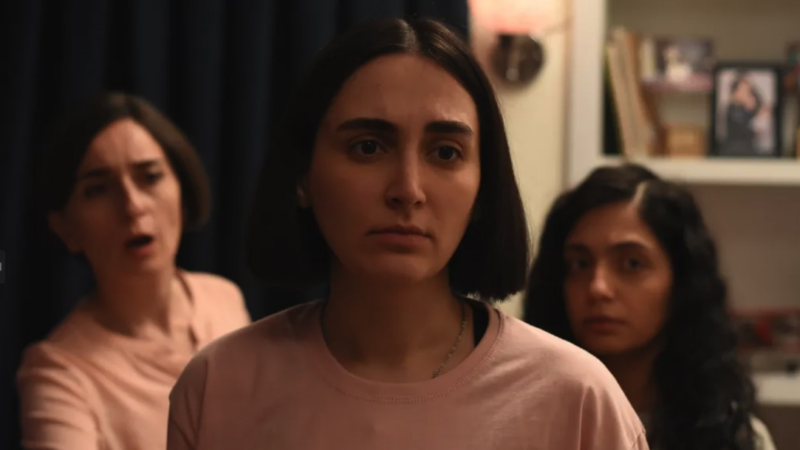WBHM welcomes ‘The Lost Child’ to Saturday evening lineup
On Saturday, Oct. 19, a new show will debut on WBHM. The Lost Child introduces listeners to an array of roots music from blues to bluegrass and beyond. It will air Saturdays at 5 p.m.
For more on the show, WBHM’s Richard Banks sat down with the show’s host Burgin Mathews.
The following conversation has been edited and condensed for clarity.
How do you describe The Lost Child to someone who has never heard it before?
Well, The Lost Child is a weekly hour-long radio dive into all sorts of classic and vintage and grassroots and down-home styles and sounds. It’s everything from Honky Tonk, country to gospel, to blues, to jug bands, to swing bands, western swing bands, old time string bands, rockabilly, a wide gamut. We sometimes we have a theme. That might be anything from live prison concert albums to the music of Sumter County, Alabama. But a lot of episodes are just trying to put as diverse selection of musical styles and sounds as I can in the hour.
I mean this in the kindest possible way. You really get down in the weeds with a lot of the music and a lot of the details about the artists, about the songs and the eras. How, how do you come up with all that information?
I play the music that I love. So it’s music that I’ve spent most of my life with and that I care about. It’s just what I know. It’s what I do. I try not to talk too much on the show. I try to drop a few salient facts but mostly let the music kind of speak for itself.
How does the music connect to Birmingham and the South?
More generally, most of the music that I play does come from the South. I mean, most of American music in some way is really rooted in the South, whether it’s rock and roll or gospel or blues or bluegrass country, whatever else it may be. Birmingham itself certainly has a deep rich musical history from the local jazz tradition to the gospel quartet tradition here.
The Lost Child itself takes its name from an old West Alabama fiddle tune first recorded in Birmingham in 1928 by a couple of brothers Charlie and Iris Stripling in the makeshift studio in the Bankhead Hotel. And so I try, even though the show doesn’t exclusively play music from Birmingham or Alabama, I try to honor that sense of place and that sense of history in the show. And the name is kind of a nod to that
And Lost Child. Why that as opposed to anything else that you could have picked?
I don’t expect most listeners to maybe know that tune, “The Lost Child.” But for me, as this old Alabama fiddle tune, it kind of represented this sense of history and the sense of place. But also I like the name because it has kind of a sense of mystery to it as well.
I also collect old kind of found photos of anonymous-to-me musicians, like family photos of a group gathered around a piano or kids unwrapping a guitar, a drum set on Christmas morning. I just have a collection of these things from flea markets and that sort of thing. And I like the sense of history and mystery of these photos of kind of anonymous musicians. So over time, to me, The Lost Child has also kind of come to mean, to honor these kind of lost and found stories. Without being too corny about it, that’s part of what Lost Child I think kind of evokes for me too.
What would you like listeners to take away from the show?
I like to imagine listeners in their kitchens having a good time. Maybe dancing if it’s a dance themed show, doing whatever they do. But I like to celebrate the wild diversity of American and especially Southern music and especially music from Birmingham and Alabama. But I like to do that without being too aggressively educational just to let people have a good time. To take also a sense of pride in the music of where you’re from is part of what it’s about. But again, without being too much in your head about it, but just hearing a lot of good music and discovering some things that you didn’t know were out there.
Mystery drones flying over New Jersey have residents and officials puzzled
The drones have been seen above critical infrastructure like reservoirs, rail stations and military bases. The governor says there is "no known threat," but the FBI is still investigating.
Police say gun found with suspect matches casings at UnitedHealthcare CEO crime scene
The New York police commissioner also said investigators matched Luigi Mangione's fingerprints with those found on items near the scene where the UnitedHealthcare CEO was fatally shot last week.
FBI Director Wray to resign at end of Biden administration
Wray told employees at an FBI town hall that he is resigning next month to "avoid dragging the Bureau deeper into the fray." President-elect Donald Trump called the resignation "a great day for America."
The U.S. is facing a severe housing shortage. Will Trump’s proposals help?
The U.S. is short approximately four million homes. Wharton economist Ben Keys traces the beginning of the housing crisis to the 2008 financial meltdown — and says climate change is making things worse.
Shot in secret, ‘The Seed of the Sacred Fig’ calls out Iran’s authoritarian regime
Earlier this year, Iranian filmmaker Mohammad Rasoulof fled his country to escape an eight-year prison sentence. His new film centers on a middle class family grappling with Iran's social unrest.
Saudi Arabia will host the 2034 FIFA World Cup — a controversial pick
FIFA's selection of Saudi Arabia to host the World Cup was celebrated in the kingdom but criticized by human rights groups, who fear residents, visitors and migrant workers will be at risk of abuse.







